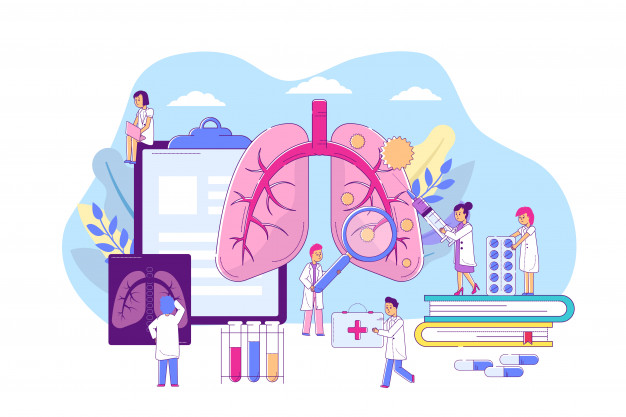How to relieve an asthma attack

1. When a patient has an asthma attack, he or she can adopt a sitting or semi-sitting position to ensure a clear airway. Asthma triggered by allergen stimulation in the surrounding environment, patients should immediately stay away from allergens and leave the irritating environment.
2. The therapeutic drug is mainly inhaled into the airway, its particles are small and can rapidly increase the local drug concentration after entering the lesion through breathing. Compared with intravenous administration, it can reduce the adverse reactions caused by systemic administration, with fast onset of action and high safety.
3. In order to avoid sputum obstruction of the airway during episodes, patients should try to cough up sputum after nebulizer inhalation treatment, and if there are caregivers or family members around, they can gently pat from the lower back upward to promote sputum excretion.
4. Closely observe any abnormalities that may occur during inhalation, such as side effects like panic and hand tremors that may be caused by inhaled drugs, and once they occur, immediately stop inhalation and rest in bed, and then intermittently inhale after appropriately reducing the drug concentration according to the condition.
5. During the inhalation period, observe whether the cyanosis of the patient's lips and extremities is relieved and whether the heart rate and blood pressure are stable again. If the symptoms are not relieved or aggravated, seek medical help promptly. When choking occurs, suspend inhalation and continue inhalation after the cough has subsided. If coughing and hypoxia worsen during inhalation, stop inhalation and seek medical help.
Asthma medication selection
Glucocorticoid inhalation therapy has become the main drug used to prevent and treat asthma in recent years. Inhalation therapy can greatly reduce the side effects of hormone therapy for asthma; inhaled β2 agonists (e.g., salbutamol sulfate) are also recommended as the preferred mode of administration for relieving acute asthma attacks. At present, a combination of inhalation formulations of multiple drugs is available in the clinic, containing both drugs that dilate the airway to relieve spasm, drugs that inhibit mucus secretion and drugs that reduce the inflammatory response, and a multi-pronged approach that can significantly relieve clinical symptoms.
Daily care during asthma remission
1. Patients with asthma caused by allergies should wear masks when going out to reduce allergen inhalation on a daily basis. Keep clean and ventilated indoors, avoid using carpet upholstery, reduce the placement of potted plants indoors, and regularly clean and replace the filters of air conditioners and air filters, etc.
2. Patients with respiratory infection-induced asthma are commonly children with low immune function and the elderly. While relieving the symptoms of an attack, medical examination of the causative microorganism is required to determine whether antiviral or antibiotic treatment is needed.
3. Patients with exercise-type asthma are often seen to have acute attacks caused by inhalation of large amounts of air in a short period of time, which stimulates the mucous membrane and induces bronchospasm. Patients should pay attention to avoid strenuous outdoor exercise, and choose mild indoor activities to exercise physical fitness.
4. Dietary intervention. Patients should eat a reasonable diet with easy-to-digest and light food, forbid the consumption of allergy-prone fruits such as kiwi, mango, pineapple and peach, forbid the consumption of overly sweet, salty, greasy and spicy stimulating foods such as onion, garlic and chili, and patients who are allergic to eggs or dairy products should avoid them.
Common misconceptions about asthma
1. "Anti-inflammatory drugs (antibiotics) can control asthma attacks".
Wrong, antibiotics do not have a direct effect on controlling asthma and are only used when asthma patients do have a combined bacterial infection. It is important to avoid irregular medication and abuse of antibiotics in asthma treatment.
2. "Asthma patients should limit all exercise".
Wrong, appropriate activities can not only exercise physical fitness, but also lung function. The important thing is to choose the exercise pattern that is acceptable to the patient himself.
3. "There is no need to see a doctor when asthma does not attack".
Wrong. The treatment of asthma requires a long-term monitoring and management plan. Many patients require long-term use of controller medications. Parents of pediatric patients often discontinue medications immediately after symptom relief because they are concerned about the side effects of hormone use, which is likely to result in suboptimal symptom control and an increase in the number of acute asthma attacks. Adult patients, on the other hand, do not have regular pulmonary function tests and lack self-management awareness, which can easily lead to serious consequences such as irreversible damage to lung function.



